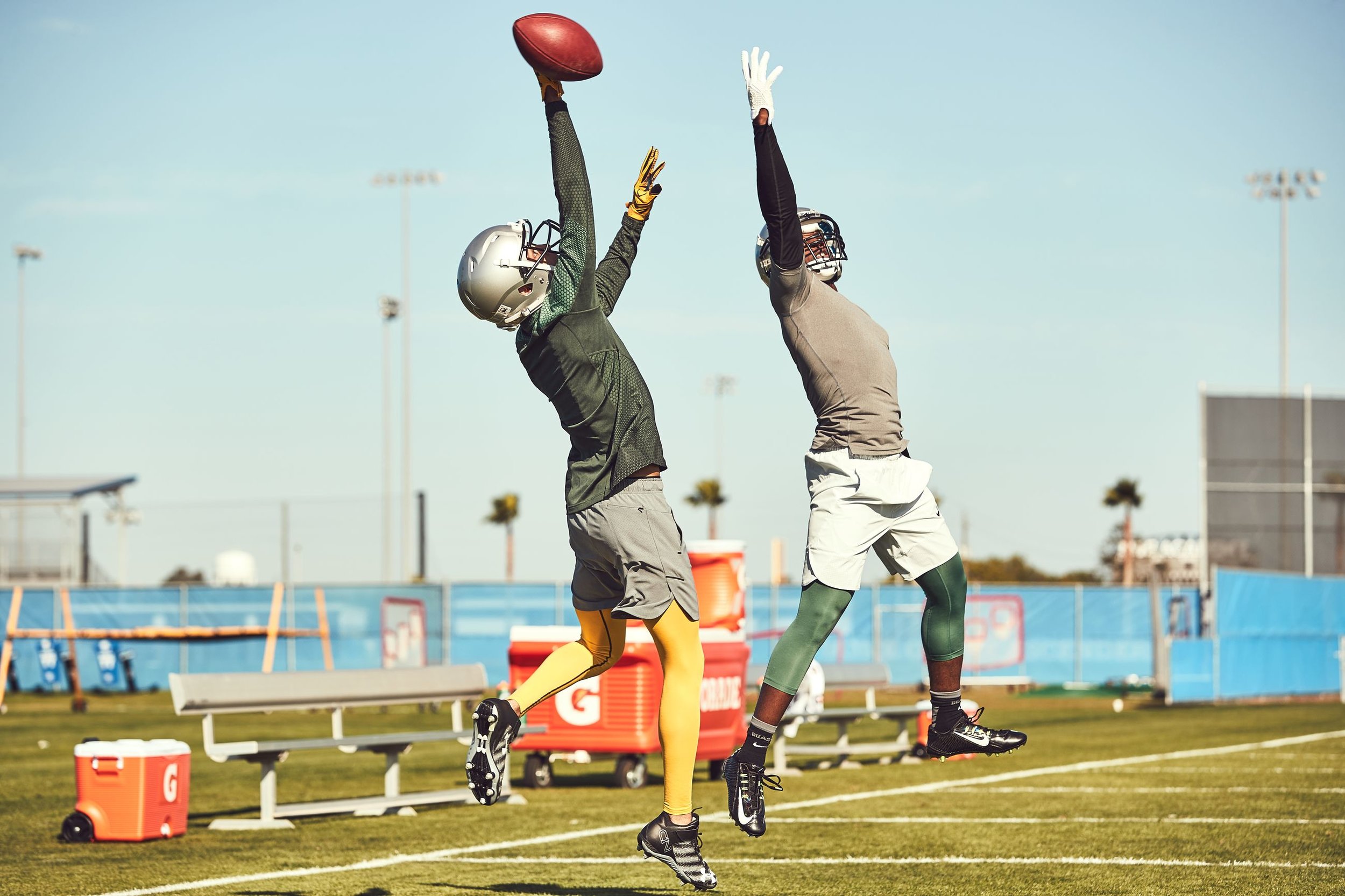Overtraining vs. Under-Recovery: A Paradigm Shift
/“Overtraining” is a buzzword used in the strength and conditioning industry. Often we’re told that overtraining leads to reduced performance on and off the field, delayed progress, and even injury. However, the purpose of this article isn’t to examine the effects of overtraining, but rather to question if overtraining exists—or if it’s simply a buzzword mistakenly used to describe another important aspect of strength training.
What is Overtraining?
Classically defined, “overtraining” is simply when the overall volume of a training regimen exceeds an individual’s ability to recover. In practice, this usually occurs when an athlete goes above and beyond what a strength coach recommends, thinking that “more is better” and “no pain, no gain.” While all coaches should be so blessed to have athletes willing to go the extra mile, training too hard, too often, negatively affects performance. To the impartial observer, this is overtraining.
But is it?
While I won’t argue that overtraining doesn’t exist, I will argue that the term is often misused. Setting the focus on training is the wrong way to frame the problem. As all strength coaches know, it’s not merely the time spent in the gym that leads to performance improvements, but rather the time spent outside the gym, recovering. Hence the need for a paradigm shift: @@it’s not that most athletes are overtrained, it’s that most athletes are under-recovered.@@
Is it Overtraining or Under-Recovery?
Sleep. Nutrition. Hydration. How many athletes spend as much time focusing on their recovery as they do their hours in the gym? How many athletes would benefit from eight hours of sleep each night, three square meals, and remembering to drink water throughout the day? In my experience, an athlete who “overtrains” simply hasn’t put enough focus into their recovery. It’s easiest to think about the issue like this: there are 24 hours in the day. Let’s say two of those are spent training. Then I ask, what happened to the other 22? Where’s the emphasis?
As stated previously, telling an athlete they’ve “overtrained” simply focuses their lens in the wrong direction. Instead, ask that same athlete their sleep schedule, if they ate out, what they drank, how much stress they experience at home or at school. The answers undoubtedly paint a clearer picture.
If an athlete spends those remaining 22 hours of the day focused as intensely on their recovery as they do their performance, odds are they won’t be overtrained. Of course, it’s impossible to control every facet of an athlete’s life, and it’s the job of the strength coach to ensure the training is moderated appropriately. Athletes will need days off. They’ll need de-load weeks in the gym. But let’s be clear about the reason: it’s not overtraining—it’s under-recovery.
The Takeaway
If you’re a coach, whether a strength coach or a sport coach, look at what your athletes are doing for recovery. Simply because someone has become used to getting six hours of sleep each night, or fueling their training through fast-food, doesn’t mean it’s optimal. The difference between failure and success lies in the mundane: the day-to-day focus on eating right, sleeping well, and hydrating. Impart on your athletes the importance of recovery instead of the pitfalls of overtraining.
Join hundreds of thousands of coaches and athletes using Volt's intelligent training system. For more information, click here.









